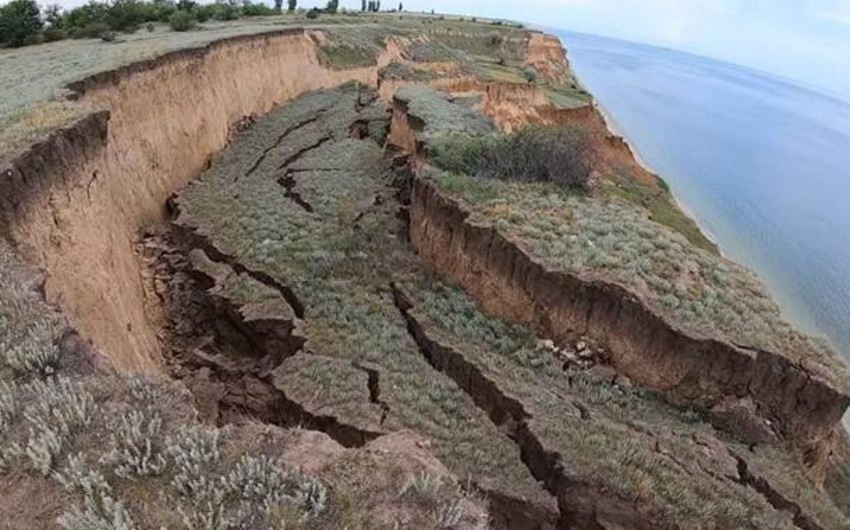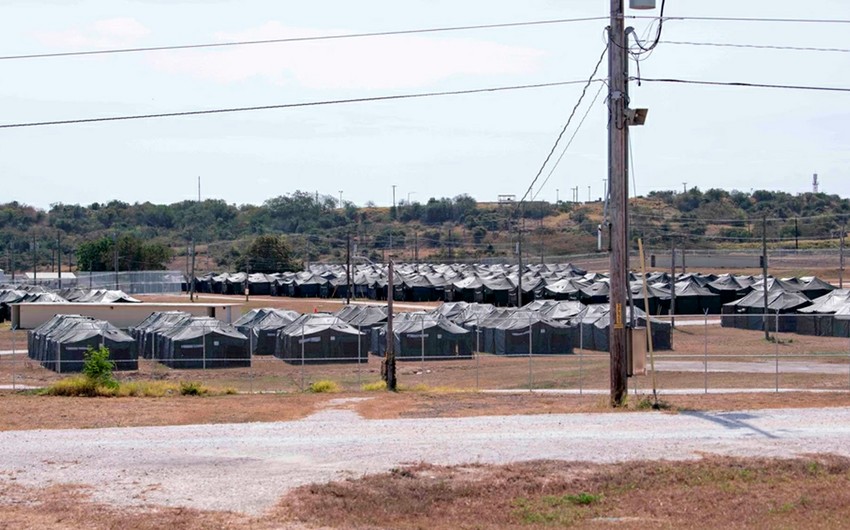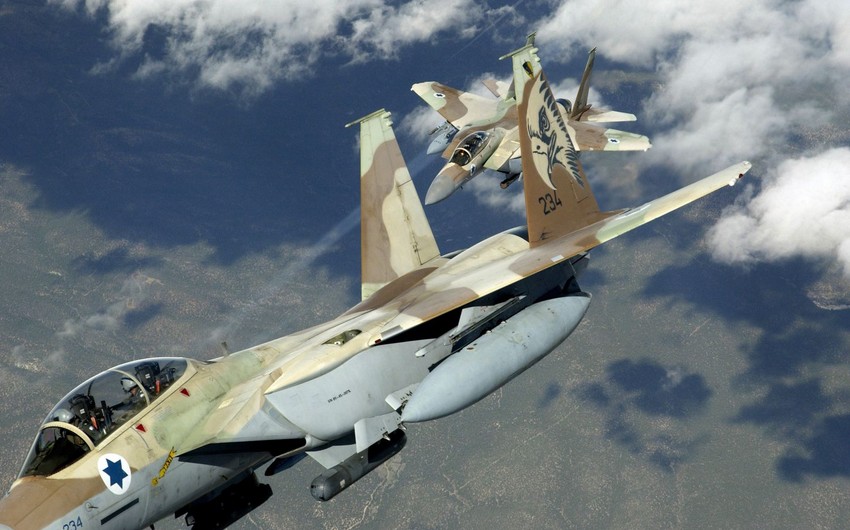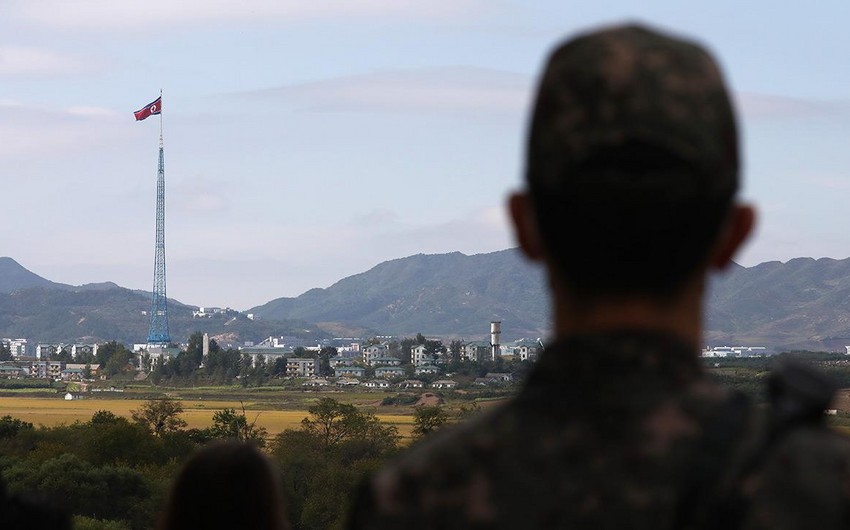On Saturday 29 February, representatives of the United States and the Taliban inked a peace agreement in Doha to end the 18 – year – long war. That agreement would see the US withdraw its troops from Afghanistan in return for security guarantees by the Taliban. That also paved the way for intra-Afghan talks. International community hailed agreement as first important step toward consolidating peace and stability in Afghanistan.
Various speculations circulated in mass media about how current political situation in Afghanistan will be changed following the signing peace deal. The implementation of that agreement is still under question. Some military personals of the US Defense Secretary are concerned that Taliban would not abide their commitments noted in the agreement. Intra-talks, coming soon, between Kabul government and the Taliban to restore peace and safety in whole Afghanistan is also being questioned.
On the occasion of learning future political situation in Afghanistan following the US-Taliban peace deal, Eurasia Diary addressed questions to Rick Francona, who is retired intelligence officer Lieutenant Colonel of the US.
.jpg)
Rick Francona is an author, commentator and media military analyst. He is a retired United States Air Force intelligence officer with experience in the Middle East, including tours of duty with the National Security Agency, the Defense Intelligence Agency and the Central Intelligence Agency.
- At the first, how can you assess the importance of that deal?
- An agreement to end the longest war in American history is an important deal – the question is, is it a good deal? In my opinion, it’s a mechanism for the United States to withdraw its forces and close the chapter on 18 years of wasted effort.
Let’s look at the history of why American forces are there. Following the al-Qa’idah attacks on the United States on September 11, 2001, the American forces invaded Afghanistan, launching Operation Enduring Freedom. In a rather quick operation, the Taliban government was removed and Al-Qaeda fighters pushed towards the Pakistan border.
Usama Bin Ladin and his fighters were holed up in the Tora Bora Mountains, there was a foolhardy agreement with the Afghan Northern Alliance that they would broker the surrender of Bin Ladin. Any experienced observer of events in this region realized that this was never going to happen. Who knows exactly what happened – money changed hands, tribal and factional loyalties came into play, Pakistani intelligence – whatever. The bottom line was that Bin Ladin escaped across the frontier.
At that point, the goals of the American invasion had either been met, or were no longer achievable. Al-Qaeda was no longer present in the country, and at the time, the Taliban did not pose a threat to the United States.
In my assessment, it was the time to withdraw. But now, we have to start “nation building. I am not sure the reason why we did this, but it was a mistake. I bristle at comparisons of our misguided efforts in Afghanistan to the rebuilding of Europe after World War II under the Marshall Plan. That effort was to restore European democracies, while the effort in Afghanistan was to create a democracy where it does not seem to fit.
- The United States has fought Taliban militants in Afghanistan since the invasion after the 11 September attacks. But now the US has signed an agreement with the Taliban following the long–term successful diplomatic negotiations with it. From your viewpoint, what happened for Washington to take this step?
- As I see it, the Trump Administration is following a campaign promise to end “unending wars.” The United States is weary of Afghanistan. Despite our best efforts to create some form of representative government, it just has not worked. Perhaps we have finally come to the realization that the creation of these types of government must come from within, not without.
Are we abandoning the peoples of Afghanistan to their own devices? I say “peoples” since Afghanistan is not an ethnicity, but merely a geographic designation of an area that contains Tajiks, Pashtuns, Hazaras, Uzbeks, Aimaks, Sayyids, Turkmen, Baluchis, etc.
Unfortunately, I suspect that in a few short years, there will be a Taliban-dominated government again, after a hiatus of two decades.
- In your opinion, does the withdrawal of American troops from Afghanistan pave the way for regional powers to enter the country?
- Possibly. There are economic interests in the country that China and Pakistan may try to consolidate. I assume that there will be attempts by Iran and Pakistan to increase political influence in the country, hoping to shape whatever new government emerges – and it will, the current government is doomed to fail.
Washington’s position? As long as whatever leadership exists or emerges in Afghanistan that does not pose a threat to the United States, Americans do not care. However, should a group like al-Qaeda or the nascent ISIS presence there, appear to be a threat to the United States, there may a revisit – short, swift, and vicious – of US military action.
- At a press conference, Secretary of State Mike Pompeo said that enduring peace in Afghanistan would not be possible unless Taliban militants break ties with Al-Qaeda and other terrorist groups, and sit down for intra-Afghan talks with the Kabul government. Do you think that this agreement could’ bring peace and stability to Afghanistan?
- I don’t. The Taliban signed an agreement that ends the fighting with the United States. The United States is withdrawing its forces – that is what the Taliban want. Once that happens, I see no reason for them to honor any agreement. I fully expect that once American forces are gone, there may be a “decent interval” in which they pay lip service to inter-Afghan talks, but in the end, they will exercise their military capabilities and move against anyone that resists what they believe is their inevitable rise to power.
Peace and stability is maybe possible in that region. At what price? I believe that in time, the Taliban attempt to create a true Islamic Republic.
Interviewed by Yunis Abdullayev

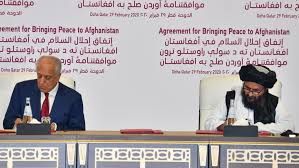



.jpeg)
